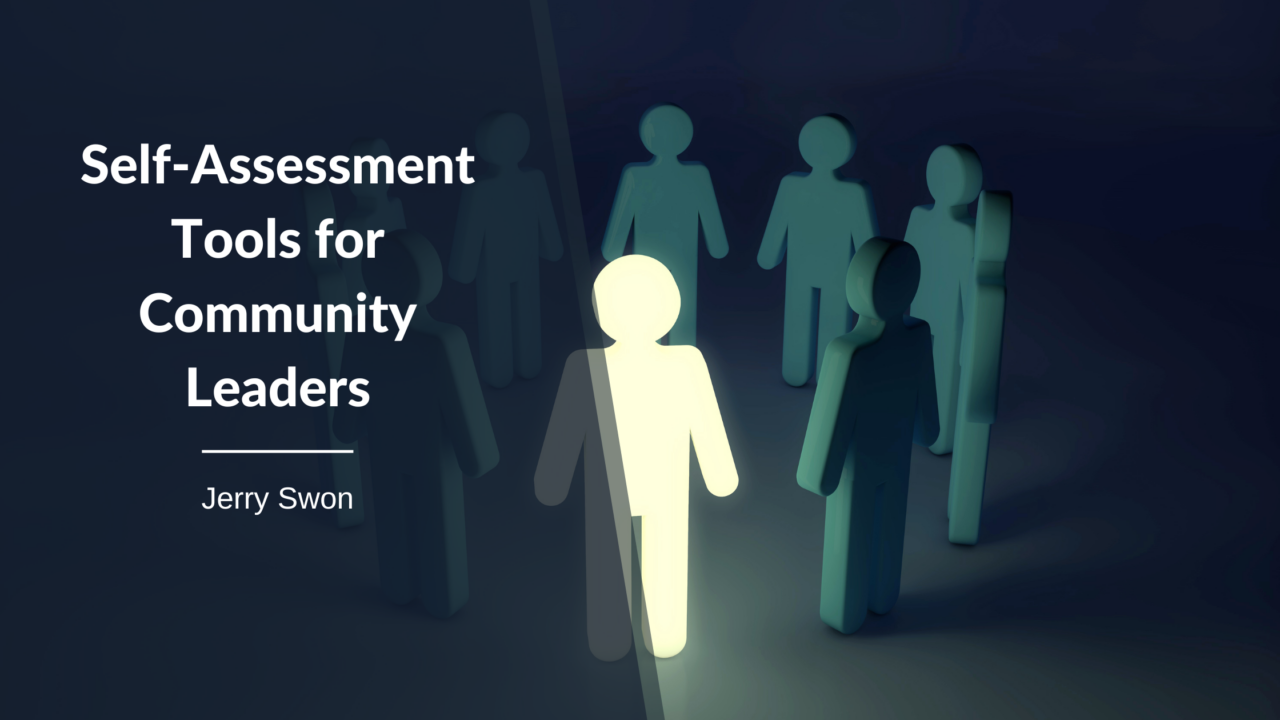Self-assessment tools are invaluable resources for community leaders seeking to evaluate their skills, strengths, and areas for improvement. These tools allow leaders to reflect on their leadership style, communication strategies, decision-making processes, and overall effectiveness in guiding and empowering their communities. By self-assessment, community leaders can identify growth areas, set personal development goals, and enhance their leadership capacity to serve their communities better.
Here are several self-assessment tools that community leaders can utilize to evaluate their leadership skills and performance:
Leadership Style Assessments:
Leadership style assessments, such as the Myers-Briggs Type Indicator (MBTI) or the DISC assessment, help community leaders gain insight into their personality traits, communication preferences, and leadership tendencies. These assessments categorize individuals into different personality types or behavioral styles based on their responses to questions.
StrengthsFinder Assessment:
The StrengthsFinder assessment, based on the Gallup StrengthsFinder framework, identifies an individual’s top strengths or talents across 34 different themes. Community leaders can use this assessment to discover their unique strengths, such as strategic thinking, relationship building, or problem-solving, and leverage them to maximize their leadership effectiveness.
360-Degree Feedback Surveys:
360-degree feedback surveys gather input from multiple sources, including peers, subordinates, supervisors, and other stakeholders, to comprehensively assess a leader’s performance. Community leaders can use 360-degree feedback surveys to solicit feedback on their leadership style, communication skills, decision-making abilities, and interpersonal effectiveness.
Emotional Intelligence Assessments:
Emotional intelligence assessments, such as the Emotional Intelligence Appraisal or the EQ-i 2.0 assessment, measure an individual’s ability to recognize, understand, and manage their emotions, as well as the feelings of others. Community leaders can use these assessments to evaluate their emotional intelligence competencies, such as self-awareness, self-regulation, empathy, and social skills.
Conflict Management Styles Inventory:
Conflict management style assessments, such as the Thomas-Kilmann Conflict Mode Instrument (TKI), help leaders identify their preferred approach to handling conflicts and resolving disputes. Community leaders can use these assessments to understand conflict management tendencies, such as collaborating, compromising, avoiding, accommodating, or competing.
Goal Setting and Action Planning Tools:
Goal setting and action planning tools, such as SMART goals or GROW model templates, help community leaders set specific, measurable, achievable, relevant, and time-bound personal and professional development goals. By clarifying their objectives, identifying action steps, and establishing accountability mechanisms, leaders can track their progress, stay focused on their priorities, and continuously improve their leadership skills and performance.
Self-assessment tools are valuable resources for community leaders to evaluate their leadership skills, strengths, and areas for improvement. By engaging in self-assessment, leaders can gain insight into their leadership style, personality traits, emotional intelligence, conflict management tendencies, and goal-setting strategies. With this self-awareness, leaders can develop targeted action plans, seek feedback and support from peers and mentors, and continuously strive to enhance their leadership effectiveness and impact within their communities.
